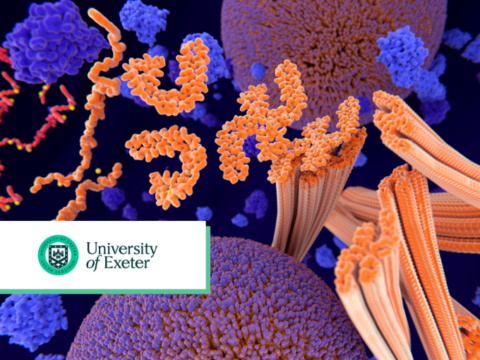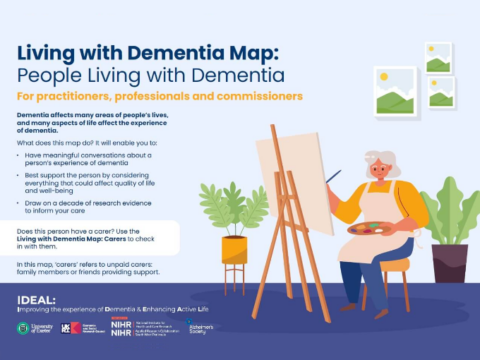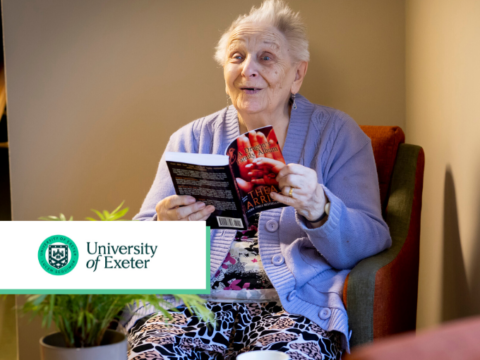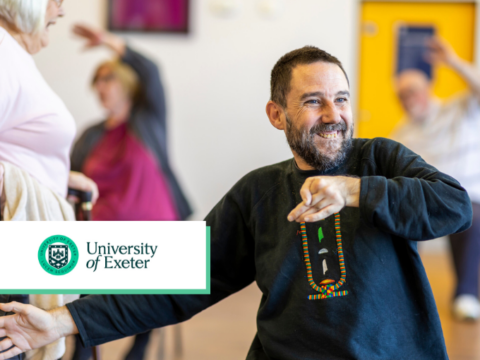
Dr Catherine Quinn
Varied is how I would sum up a day in the life of a researcher. A lot depends on the type of study you are working on, your role in that study, and the stage of the study is at. I’ve been involved in dementia research for 13 years, progressing from PhD student to Senior Research Fellow. Along the way I’ve been able to work on a diverse range of studies with different methodologies.
For me, research often involves visiting people with dementia and carers in their homes to interview them or administer questionnaires. It’s an opportunity to meet people, hear about their lives and drink copious amounts of tea! I’ve also had the opportunity of doing research within care homes, where I have conducted observations with people with severe dementia and supported the training of care staff. Conducting observations is a great way of immersing yourself and learning about the environment you are working in. I’ve also been the Principal Investigator on a study (the SMART study) where I worked collaboratively with a local memory clinic to develop a self-management group intervention for people with dementia.
Of course research isn’t all data collection, data analysis and writing papers. I often give presentations at conferences and to local groups. Currently I’m Co-Investigator and Senior Research Fellow on the IDEAL study, which is a cohort study exploring ‘living well’ in people with dementia and carers. We have researchers from UK Clinical Research Networks from 29 sites in Great Britain working tirelessly to recruit participants and collect data for the study. Working with my colleagues, Dr Anthony Martyr and Dr Sharon Nelis, I’ve been involved in designing the questionnaires for the study, developing monitoring systems, and developing and leading the training for researchers working on the study. It’s a varied job, particularly when we found ourselves faced with the enormous task of having to box-up and ship-out 9000 questionnaires to the researchers working on the study, a great example of team work.
For me, the enjoyable aspects of research are being able to work with people with dementia and their carers, to hear their stories. Of course people with dementia and carers don’t just have to be participants in our research, they can also act as advisors. To give an example of a ‘day’ in the life of a researcher, I was recently involved in a focus group with the IDEAL study advisory group, the ALWAYs group. This is a group of people with dementia and carers who advise us on all aspects of the study; we’ve been working with them for about 4 years. The focus group was around their involvement in the study. As researchers we know how much we have benefited from their advice and expertise but what interested me was their perspective. The ALWAYs members discussed their commitment to the study, how they enjoyed being ambassadors for they study, they also spoke of how they had become more confident through their involvement in the study e.g. speaking in front of others. What was also interesting was how much they valued their relationship with the research team. This is something that has developed throughout the study through us attending the ALWAYs group meetings but also through collaboration, such as inviting group members to present alongside us (e.g. at a ESRC Festival of Social Science Event).
To sum up research is varied. Different projects require different skills. Sometimes you’ll be out collecting data, other times you’ll be in the office analysing and writing up findings. The good thing is that most researchers don’t work independently, you are often collaborating with a wider team of co-investigators and researchers. Developing these collaborative relationships is an important aspects of research.
Dr Catherine Quinn is a Senior Research Fellow at the University of Exeter
You can follow Catherine on Twitter @cquinn196; for more information on Catherine and her work visit University of Exeter profile; Google Scholar profile

 Print This Post
Print This Post





